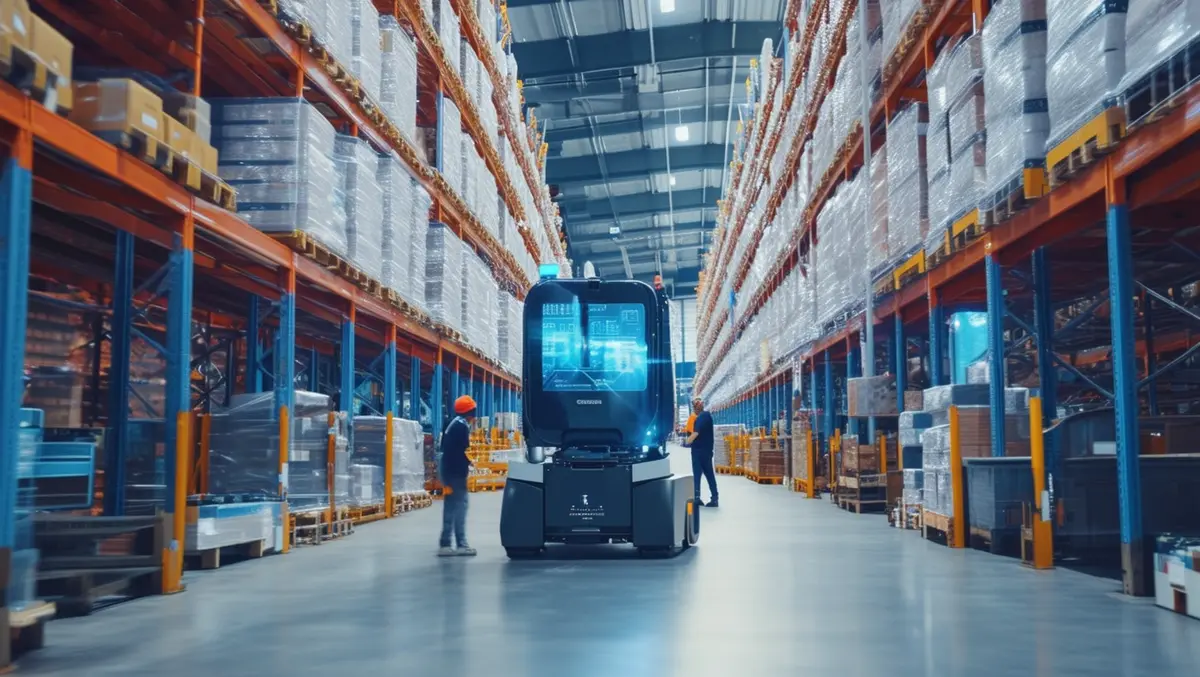
Warehouse challenges in Australia focus on tech upgrades
Manhattan Associates has released its 2024 'State of Warehouse Operations' research, conducted alongside Vanson Bourne. The research identifies key challenges affecting Australian businesses in warehouse management.
The research underscores the difficulties warehouse professionals face in Australia, with 93% highlighting ongoing staff retention issues that threaten operational stability. Furthermore, 79% of participants reported a significant increase in goods flowing through their warehouses over the past year.
Nearly all respondents, accounting for 98%, expressed concerns about their IT infrastructure, noting it is outdated and urgently needs updating to effectively handle these increased volumes.
The study points out that global disruptions and evolving consumer expectations are transforming the supply chain landscape. Warehouse professionals are expected to manage labour shortages, supply chain disruptions, and increased demand from both digital and physical sales channels.
Senior executives from industries such as manufacturing, logistics, pharmaceuticals, retail, automotive, and consumer packaged goods identified outdated technology, workforce shortages, and the complexity of multi-channel orders as significant operational challenges.
Despite these challenges, Australian businesses remain optimistic about the role of emerging technologies in enhancing warehouse operations. The research indicates that 68% of respondents believe Generative AI will significantly boost job satisfaction and productivity by automating manual tasks.
Additionally, 72% expect robotics to enhance operational efficiency by reducing bottlenecks in workflows. Raghav Sibal, Managing Director for Australia and New Zealand at Manhattan Associates, emphasised the importance of new technologies in addressing these challenges.
Sibal stated, "High turnover and low morale disrupt operations, drive up costs, and damage service quality. Addressing these issues with advanced technologies like AI and robotics will not only help businesses meet rising demand but also support staff engagement and satisfaction."
The research further identified that 28% of businesses consider outdated IT systems as their most critical challenge, leading to financial and operational inefficiencies from reliance on legacy technologies.
These inefficiencies are particularly problematic, as 22% of respondents struggle to manage orders across multiple channels, with 20% finding it challenging to meet growing consumer expectations for faster delivery times.
"Warehouses are the backbone of a unified supply chain. Optimising operations with modern technology is vital for businesses to stay competitive," Sibal commented, adding that "by adopting innovations like microservices and Generative AI, businesses can future-proof their supply chains, turning them into key drivers of revenue growth and customer satisfaction."
The report underscores the importance of continuous innovation in supply chain operations. As businesses respond to increased demand and rapid technological advancements, a cohesive strategy integrating advanced technologies is not only essential for efficiency but also for economic and environmental sustainability.
Sibal concluded, "A unified supply chain strategy enables businesses to improve productivity and efficiency while supporting sustainability efforts. By integrating advanced technologies, businesses can boost their profit margins and contribute positively to the planet."


